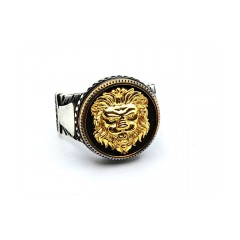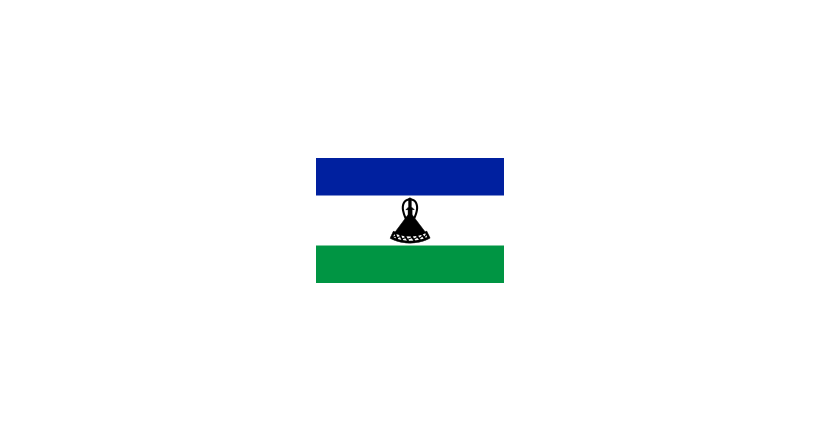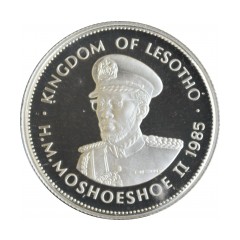Lesotho
officially the Kingdom of Lesotho (Sotho: 'Muso oa Lesotho), is an enclaved country within the border of South Africa. It is one of only three independent states completely surrounded by the territory of another country, and the only one outside of the Italian peninsula. Lesotho is just over 30,000 km2 (11,583 sq mi) in size and has a population of around 2 million. Its capital and largest city is Maseru.
Lesotho was previously the British Crown Colony of Basutoland, but it declared independence from the United Kingdom on 4 October 1966. It is now a fully sovereign state that is a member of the United Nations, the Commonwealth of Nations, and the Southern African Development Community (SADC). The name Lesotho roughly translates to "the land of the people who speak Sesotho"
Rule of Moshoeshoe I (1822–1868)
The present Lesotho, then called Basutoland, emerged as a single polity under King Moshoeshoe I in 1822. Moshoeshoe, a son of Mokhachane, a minor chief of the Bakoteli lineage, formed his own clan and became a chief around 1804. Between 1821 and 1823, he and his followers settled at the Butha-Buthe Mountain, joining with former adversaries in resistance against the Lifaqane associated with the reign of Shaka Zulu from 1818 to 1828.
Subsequent evolution of the state hinged on conflicts between British and Dutch colonists leaving the Cape Colony following its seizure from the French-allied Dutch by the British in 1795, and subsequently associated with the Orange River Sovereignty and subsequent Orange Free State. Missionaries invited by Moshoeshoe I, Thomas Arbousset, Eugène Casalis and Constant Gosselin from the Paris Evangelical Missionary Society, placed at Morija, developed orthography and printed works in the Sesotho language between 1837 and 1855. Casalis, acting as translator and providing advice on foreign affairs, helped to set up diplomatic channels and acquire guns for use against the encroaching Europeans and the Griqua people.
Trekboers from the Cape Colony arrived on the western borders of Basutoland and claimed land rights, beginning with Jan de Winnaar, who settled in the Matlakeng area in May–June 1838. As more Boers were moving into the area they tried to colonise the land between the two rivers, even north of the Caledon, claiming that it had been abandoned by the Sotho people. Moshoeshoe subsequently signed a treaty with the British Governor of the Cape Colony, Sir George Thomas Napier, that annexed the Orange River Sovereignty that many Boers had settled. These outraged Boers were suppressed in a brief skirmish in 1848. In 1851 a British force was defeated by the Basotho army at Kolonyama, touching off an embarrassing war for the British. After repelling another British attack in 1852, Moshoeshoe sent an appeal to the British commander that settled the dispute diplomatically, then defeated the Batlokoa in 1853. In 1854 the British pulled out of the region, and in 1858 Moshoeshoe fought a series of wars with the Boers in the Free State–Basotho War, losing a great portion of the western lowlands. The last war in 1867 ended when Moshoeshoe appealed to Queen Victoria, who agreed to make Basutoland a British protectorate in 1868.





